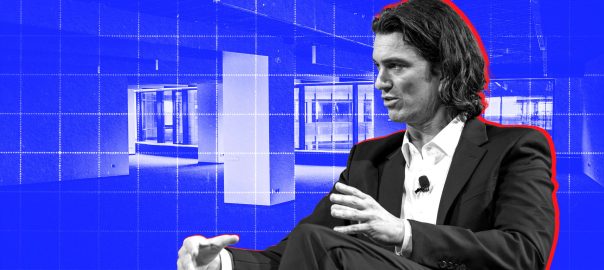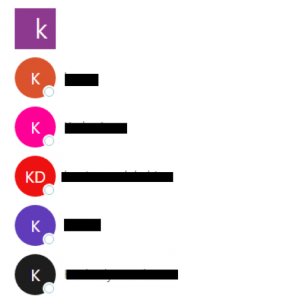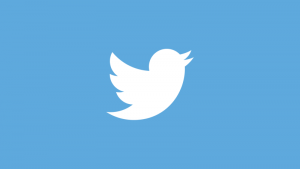Adam Neumann ‘shut out’ of WeWork buyback, capping a fraught saga between founder and company
Rebuffed, Neumann slammed the plan to go with an offer that was $200 million less than his own as “unrealistic and unlikely to succeed.”
BY Clint Rainey
With two days until WeWork is expected to emerge from bankruptcy, Adam Neumann has written off his fantasy of reacquiring the company he left in crisis. (To clarify, he left a crisis behind at WeWork, he did not leave in one himself; Neumann reportedly became about a billion dollars richer.) Now saddled with loads of debt, WeWork has worked with a court since filing for Chapter 11 bankruptcy protection in November to restructure itself. Almost immediately, Neumann said he wanted it back. Initially, he bid $500 million—an offer he later upped to $650 million.
However, reports said WeWork got busy drafting a post-bankruptcy plan that “shut out” Neumann. Two weeks ago, he told an audience at the Bloomberg Technology Summit: “I didn’t think bankruptcy was a beauty competition. I thought it was whoever was going to give the best offer.” According to WeWork and the bankruptcy judge, that offer was not Neumann’s. It was for a considerably lower sum (reportedly $450 million), but received support from all of WeWork’s big creditors. In exchange for canceling $4 billion in debt, it splits WeWork’s ownership among those lenders.
For weeks, Neumann has argued that this plan will make WeWork cash-flow negative within one year. On Tuesday morning, he reiterated that while announcing he was out: “For several months, we tried to work constructively with WeWork to create a strategy that would allow it to thrive,” he told the New York Times. “Instead, the company looks to be emerging from bankruptcy with a plan that appears unrealistic and unlikely to succeed.”
The blow puts a final end to Neumann’s fraught relationship with the company. Founded in 2010, WeWork rose to a valuation of $47 billion by 2019. It racked up billions in funding from high-profile investor SoftBank, whose CEO Masayoshi Son forged a close working relationship with Neumann while he was still at the company, slowly driving it into the ground. Masa and SoftBank have been called Neumann’s chief enablers, “Victor Frankensteins” who created a “real estate monster.” Fans of the series WeCrashed will recall Masa (played by Train to Busan actor Kim Eui-sung) appearing pleased after asking who wins in a fight, the smart guy or the crazy guy, and Jared Leto’s Neumann says the crazy guy does.

By the time WeWork filed for bankruptcy last November, SoftBank had reportedly already lost $14 billion. (In the new bankruptcy plan, SoftBank’s ownership reportedly shrunk to between 16.5% and 36%, depending on how the loans are equitized.) But in many insiders’ eyes, Neumann made out like a bandit long before then. (“The captain rammed the ship into a bridge and then was given the value of the ship to leave,” one expert put it memorably.)
WeWork imploded in 2019 under Neumann in the midst of attempting to go public. But it finally IPO’d as “WE” in 2021, at which point Neumann managed to renegotiate his exit with SoftBank, scoring, among other things, an exit package worth a reported $445 million—which is nearly the exact amount put up to purchase the company in bankruptcy.
Correction: A previous version of this story misstated that SoftBank was behind the $450 million bid to buy WeWork out of bankruptcy. The story has been updated to reflect WeWork’s clarification that the bid did not come from SoftBank.
ABOUT THE AUTHOR
(18)









